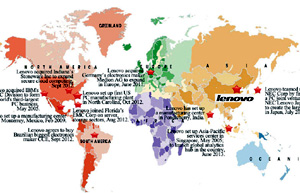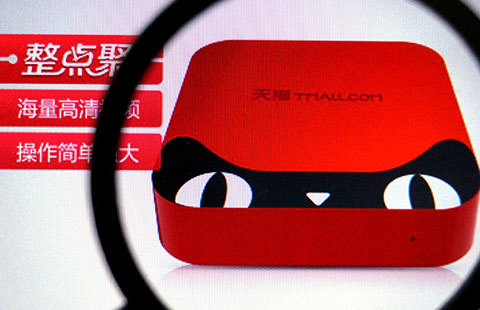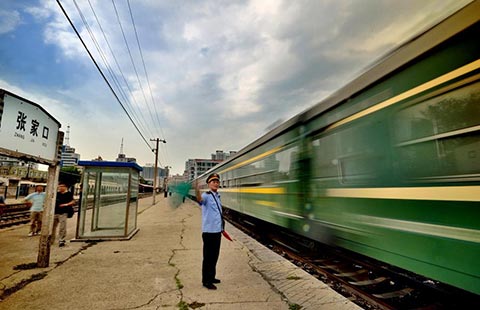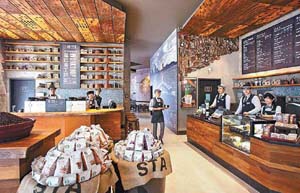Living in the luxury of laptops
By LUO WANGSHU/JI JIN/TAN YINGZI (China Daily) Updated: 2014-06-16 07:27"For inland vendors, the city has unblocked a logistics bottleneck. The railway line connecting the city with Europe has solved transport and logistics problem for IT companies, greatly reducing the waiting time for exports from inland cities. The rail link can cut up to two weeks in shipping goods to Europe. With the speed of change in IT technology, whoever gets a head start will grab the market."
The cost of road transport has also been greatly reduced, he says.
"The advanced logistics provide the most direct shortcut for global consumers to use the newest technology products as soon as they are available."
Asus says that under its plans it will have produced 30 million smart devices in Chongqing by the end of next year and spent $150 million in the five years until then to build a factory where these products can be made. The factory is in the Jiulongpo district high-tech zone.
Asus' decision to build its second-largest production center-the biggest is in Shanghai-is linked with Jiulongpo's push to develop a high-tech production center.
"As global IT giants have flocked to Chongqing, the city has gained a high international profile in the industry," Ke says. "Chongqing will become the largest domestic electronics export vendor center, and ancillary industries will continue to come in, creating jobs and attracting more talent to the city."
Asus is doing some profile building of its own locally as it donates computers to schools, helping them set up digital libraries. It has done this in 50 schools.
Cui of HP says the company's customers in central and western China are, with other customers worldwide, playing a pivotal role in the company's fortunes. HP's presence in Chongqing has benefited the company as well as the municipality, he says, creating employment and bringing in global resources and innovative technology.
|
 |
 |
| Legend Holdings invests in green tea company | Lenovo extendsglobal outreach |
- Transformers dominates China box office
- China's impact beyond commodities
- Mauritius and China Southern Airlines sign partnership agreement
- M&M opens its first Asia flagship store in Shanghai
- Auto manufacturing plants to disappear in Australia
- Hyundai Motor set to expand production at Brazil plant
- China's second-largest hydropower station in full operation
- WTO starts 5th trade policy review of China

















